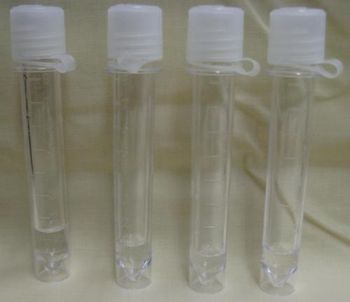
In results presented at IDWeek2019, investigators demonstrated a distinct “signature” of AFM in blinded cerebrospinal fluid samples >80% of the time.

In results presented at IDWeek2019, investigators demonstrated a distinct “signature” of AFM in blinded cerebrospinal fluid samples >80% of the time.

The risk of incident DM was more substantial with INSTIs vs. NNRTIs (HR=1.22; CI: 0.95-1.57), and a similar rate was noted with PI- vs. NNRTI-initiators (HR=1.25; CI: 1.05-1.49).
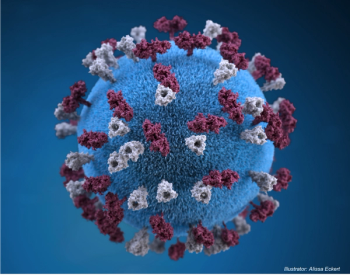
Two late breaker abstracts at IDWeek 2019 provide an in-depth analysis of the 2018-19 measles outbreaks in the state of New York.

While hospital-onset SAB accounted for about 1 in 10 cases, it is associated with 182% higher complication rate and 144% higher mortality than community-onset infections.

The most common presentation for pediatric invasive aspergillosis patients was a pulmonary infection.
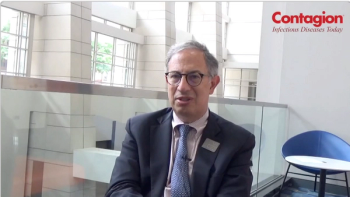
Carlos del Rio, MD, co-director of Emory Center for AIDS Research, discusses the collaboration across specialties that is inherent in infectious disease.

RBX2660, a microbiota-based drug, was safe and efficacious for preventing recurrent C diff infection with clinical durability to 24-months after treatment, independent of age or sex.
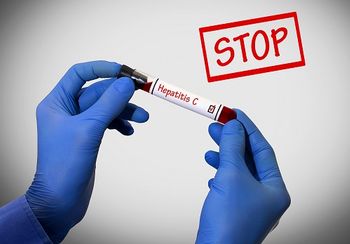
The phase 1/2 trial of a prime-boost vaccine to prevent chronic HCV infection was completed in an at-risk population of in people who inject drugs.
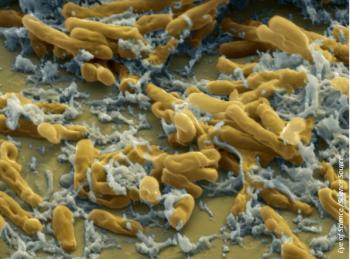
A team of investigators set out to evaluate whether TORC1 inhibitor RTB101 could increase antiviral gene expression and decrease the incidence of RTIs in older adults.

The analysis of the survey responses found a statistically significant association in denial of the biomedical discourse and dissatisfaction or mistrust of the Ebola response as indicators of social resistance.

In the Opening Plenary of IDWeek 2019, 2 bright lights in infectious disease research spoke on the sea-change brought by genomics to biomedicine and the response to infectious disease outbreaks.

A total of 168,420 dental visits included antibiotic prophylaxis, 136,177 (80%) of which were deemed unnecessary.

Adverse events led to premature discontinuation in 14% (21) of ISA patients and 53% (85) of patients receiving VOR prophylaxis.

A presentation at IDWeek 2019 gives hope for the rapid identification and isolation of extensively drug-resistant organisms.

Investigators observed no moderate, severe, cumulative, or dose-limiting adverse events leading to discontinuation, and ACX-362E was generally well-tolerated at all dose levels.
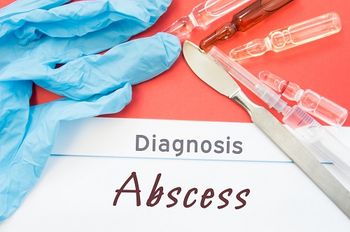
In a new study, a team of investigators set out to determine if oritavancin use can reduce the sequelae from ABSSSI treatment failures, while also preventing infection recurrences and improving patient outcomes.

An oral abstract session on public health covers the full gamut of new outbreaks, challenges from around the world.

Investigators assessed rates of all-cause mortality at Day 14 for Cefiderocol and meropenem in patients with nosocomial gram-negative pneumonia.

When it came to infection prevention measures, 5 of the 9 Orange County facilities with C auris displayed hand hygiene adherence < 50%, 3 had limited access to alcohol-based hand rubs, and < 60% of assessed high-touch surfaces were clean.

As September draws to a close, the Contagion® editorial team is recapping the trends and top infectious disease news of the month.
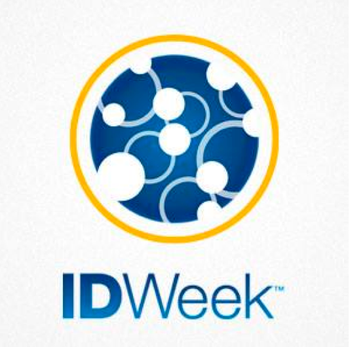
The Contagion® editorial staff will be providing exclusive written and video coverage from IDWeek 2019.
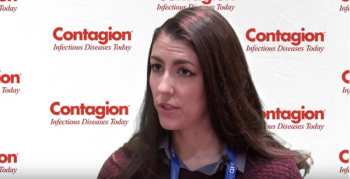
Emily Ricotta, PhD, ScM, highlights the increase in non-albicans candidiasis, which tends to be more antibiotic resistan,t in both bloodstream and sterile-site infections.
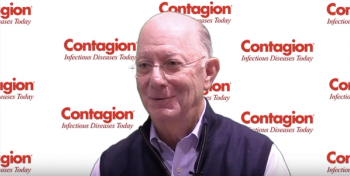
Melvin Weinstein MD, discusses the emerging technologies that will advance the field of blood culture testing.
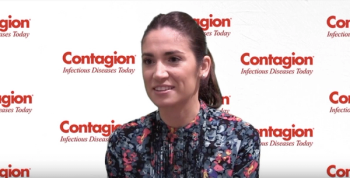
Julie Ann Justo, PharmD, discusses the myths associated with penicillin allergies and why it is important to determine a patient's true penicillin allergy-status.
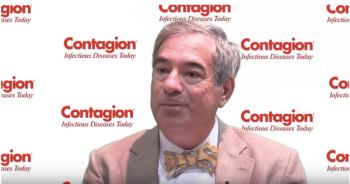
Kenneth Sherman, MD, discusses hepatitis B infections in immunocompromised patients and what clinicians should expect to see in the future for hepatitis B treatment.

As clinicians and health care executives work to strike a balance between reducing costs and improving clinical outcomes, the importance of sepsis identification and treatment cannot be underscored enough, and starts with evaluating current practices for infection management.

Brad Spellberg, MD, highlights research that indicate shorter courses of therapy are safer and as effective as longer ones, as well as the importance of randomized controlled trials.
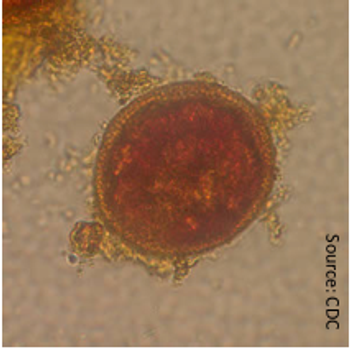
Highest amounts of Toxocara egg contamination were in areas that could contain food droppings or animal waste.

Data from a pooled analysis of the REVIVE-1 and 2 studies found iclaprim to be non-inferior to vancomycin based on earl clinical response in patients with wound infections.
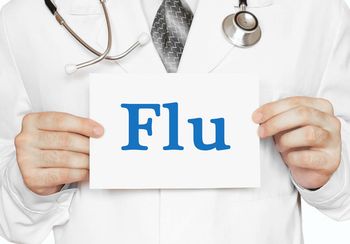
The phase 3 CAPSTONE-2 trial shows treatment with baloxavir marboxil significantly reduced the time to improvement of flu symptoms compared with placebo.